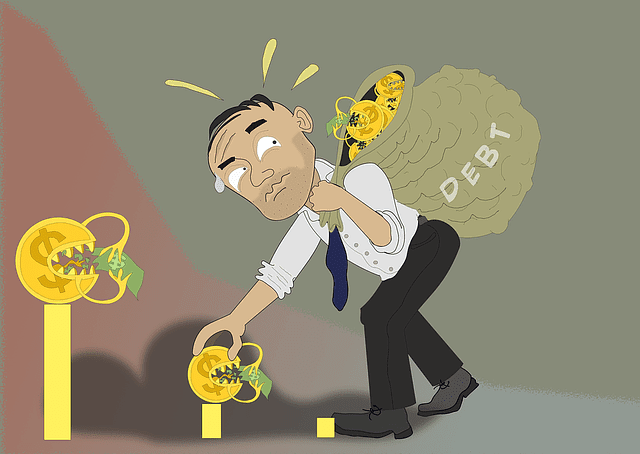Student loan debt is at an all-time high, with the overall debt for American students coming in at over $1 trillion—and this number is only expected to grow. If you’re still struggling with student loan debt and looking for ways to get out from under the weight of your debt, consider these essential steps.

Review Your Loans
You’d be surprised at how often individuals forget about all the student loans they’re responsible for. Take the time to record all of the loans you’ve taken out, and use the National Student Loan Data System to determine if you have any federal loans to pay back. You can even take a look at this student loan calculator on the SoFi website to calculate just how much you owe and over what amount of time. If you’ve been granted student loans from private lenders, reach out to them to make sure you know exactly how much you owe. Some students order credit reports to help determine who and what they owe. Taking the time to do this now can save you a lot of frustration and penalty fees down the road.
Take Advantage of Your Grace Period
Depending on the type of student loan, you may have been granted a grace period. This means you have a period of time after you graduate or leave the school in question in which you don’t need to make loan payments. Many make the mistake of ignoring their debt during this time, but if you’re still within the throes of your grace period, make sure you take advantage of this time to get your repayment plans in order. Use this time to create a game plan for paying off your loans, and make payments that you can. It will help you reduce your overall debt, and help you get into the habit of paying a certain amount each month or year.
Choose a Payment Plan
There are a variety of options to pick from when figuring out how best to repay your loans. Here are a few of the most popular routes for tackling student loan debt:
- Standard Repayment Plans
Standard repayment plans don’t depend on income. They cap the length of time during which you repay your loans to 120 payments, which is 10 years if paid straight through. These apply only to your federal loans, and only certain federal loans are eligible for repayment.
- Income-Based Repayment Plans
These repayment plans require you to show at least partial financial hardship, meaning your monthly bill on the standard plan is more than what you’d pay on an income-based repayment option.
- Income-Contingent Repayment
These plans are designed to make it easier to repay student loans for individuals that are planning to pursue careers with lower salaries. This generally results in lower monthly payments. These are currently only available from the US Department of Education, not from private institutions or banks.
- Pay As You Earn
This relatively new repayment plan comes with numerous requirements, but if you qualify, can be an excellent option. You’re allowed to contribute a percentage of your income to the student loans, and have the balance forgiven if you have anything left after 25 years of payments.
These are only a few of the available loan repayment plans available from the government and private institutions. Consider speaking with a professional financial advisor to determine the best plan for you.
Don’t Neglect Other Debts
While it’s important to take steps to pay off your student loan debt, don’t forget about other accounts you may have under your name. Whether it be credit card bills or mortgage payments, you need to remain on top of all of your responsibilities. If you’re in debt with the IRS, that takes top priority. As you’ve made your way into the professional world, you’ve likely discovered how much taxes can cost us throughout the year. If the IRS discovers you owe them money in back taxes after assessing your tax return, you’ll be penalized severely. Debt can accrue interest, adding up to a maximum of 25 percent interest on what you originally owed.
Whether you’re handling the loans resulting from your MBA efforts or you still have lingering debt from your undergraduate career, taking steps to dig out from underneath your student loan debt is essential. Speak with a financial advisor today and begin paying off your educational loan accounts to bolster your financial future.




